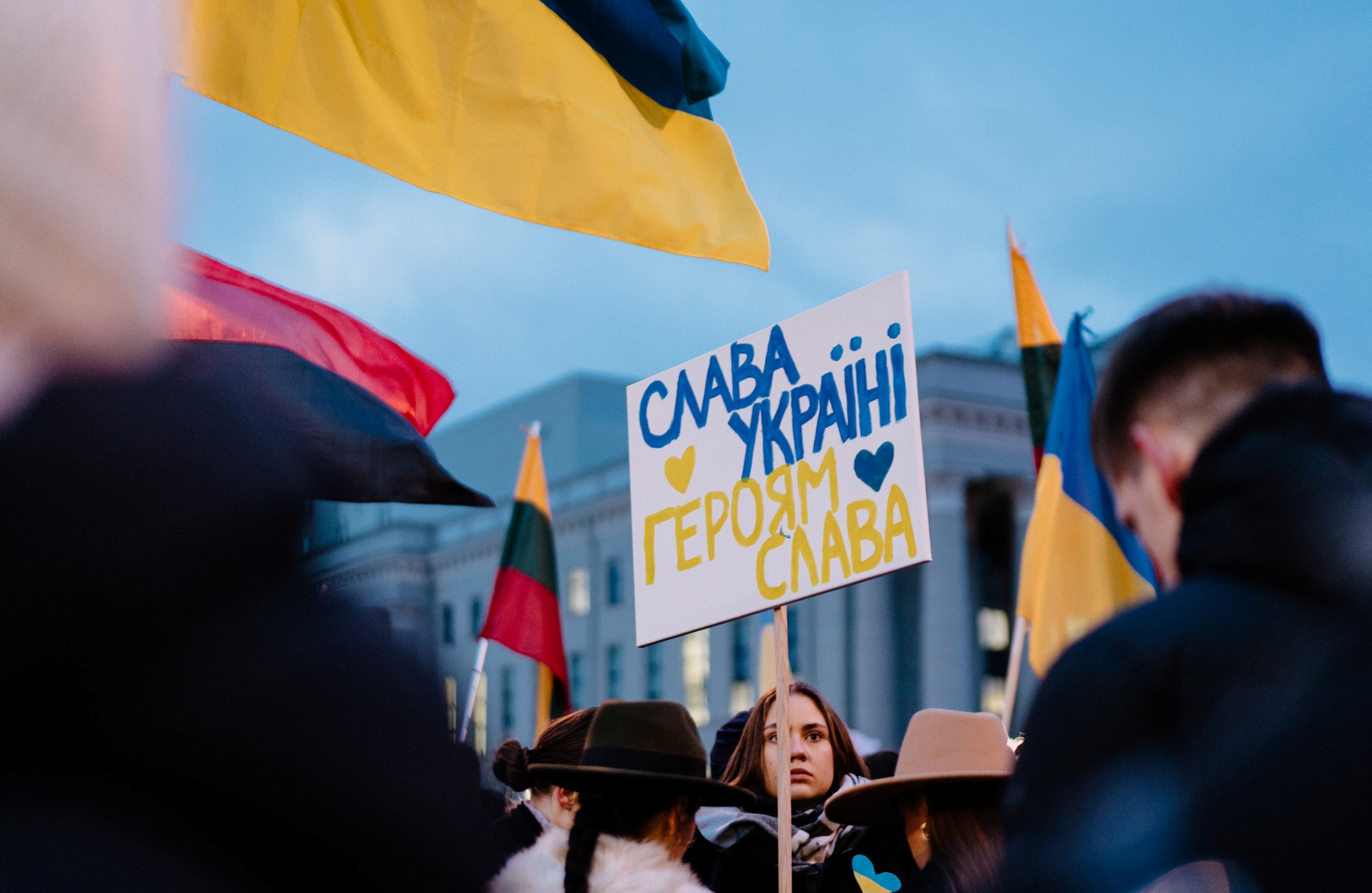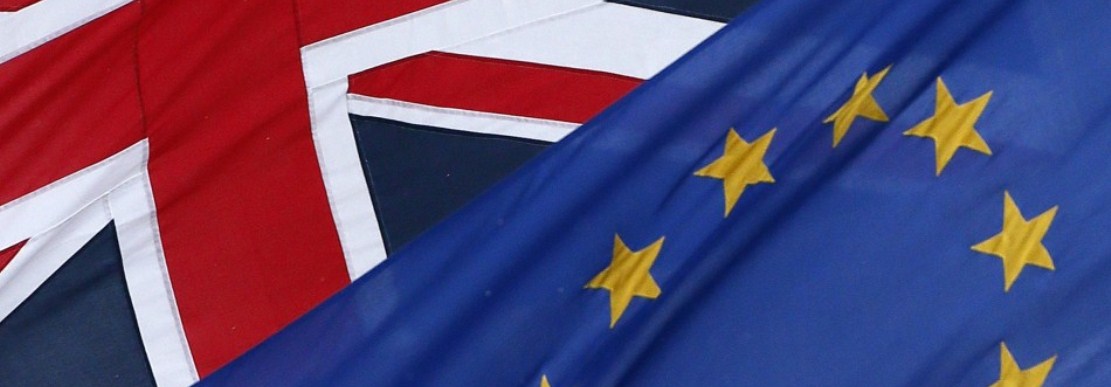By Tom Casier, Director of the Global Europe Centre / Brussels School of International Studies
 It has come to the worst case scenario. Early on 24 February 2022 Russia started a full-scale invasion of Ukraine, attacking from three sides and targeting the entire territory. The significance of this can hardly be overestimated. Russia, a major global military force and one of the world’s two main nuclear powers, attacks a sovereign state of 44 million people, Europe’s second biggest state in terms of surface. It is the first war of this kind and scale since the Second World War and it has all the potential to become the most atrocious as well. After the annexation of Crimea, the Russian invasion breaks again a very fundamental principle of European post-war security, the recognition of borders, that cannot be changed by force. This happens now on an unseen scale, in the most flagrant violation of international law.
It has come to the worst case scenario. Early on 24 February 2022 Russia started a full-scale invasion of Ukraine, attacking from three sides and targeting the entire territory. The significance of this can hardly be overestimated. Russia, a major global military force and one of the world’s two main nuclear powers, attacks a sovereign state of 44 million people, Europe’s second biggest state in terms of surface. It is the first war of this kind and scale since the Second World War and it has all the potential to become the most atrocious as well. After the annexation of Crimea, the Russian invasion breaks again a very fundamental principle of European post-war security, the recognition of borders, that cannot be changed by force. This happens now on an unseen scale, in the most flagrant violation of international law.
While Russian concerns about NATO enlargement are as old as the end of the Cold War, we have witnessed a remarkable evolution of Moscow’s discourse over the last year. Focusing on security arrangements in Europe, the discourse has been gradually radicalising. Putin first spoke of red lines that could not be crossed in Spring 2021, but did not define those lines back then. At the end of the year, he did specify them and formulated a set of unconditional demands, of which it was perfectly clear they would never be met. The most recent official rhetoric went one step further and was simply about denying Ukraine’s right to exist as a sovereign state. The speech with which Putin justified Russia’s ‘military operation’, broadcast in the early morning of 24 February, used the preposterous language of denazification of Ukraine and of genocide as pretexts for the invasion.
Even when accepting Russia’s security concerns in post-Cold War Europe, there is something hugely disproportional and illogical about Moscow’s approach. It claims to tackle a security problem in Europe that it has regularly put on the table through the most radical of acts: a large-scale invasion of a major sovereign state in Europe, targeting the entire territory. By doing so, Moscow undermines the legitimacy and credibility of the concerns it has expressed over European security. Through its act of aggression it has created the biggest and most imminent threat to European security itself: a major interstate war that has all the chances to be brutal and to lead to protracted instability. There is a lot to be said about the erosion of European security architecture and the responsibilities over time on both sides, but there is nothing that justifies this war. NATO already agreed in 2008 that Ukraine would one day become a member, but at the same time, the chances that the accession would effectively have happened any time soon were very small.
We may not know where the war will end, but the language of Putin and Lavrov earlier this week does not bode well. In an absurdly reversed language of threat and in an unusual mixture of selective historical and nationalist arguments, they denied nothing less but Ukraine’s right to exist. The risks of massive bloodshed and suffering among the Ukraine population are huge. Sadly, the call of UN Secretary General Guterres on Putin to bring his troops back to Russia ‘in the name of humanity’ was not an overstatement.
